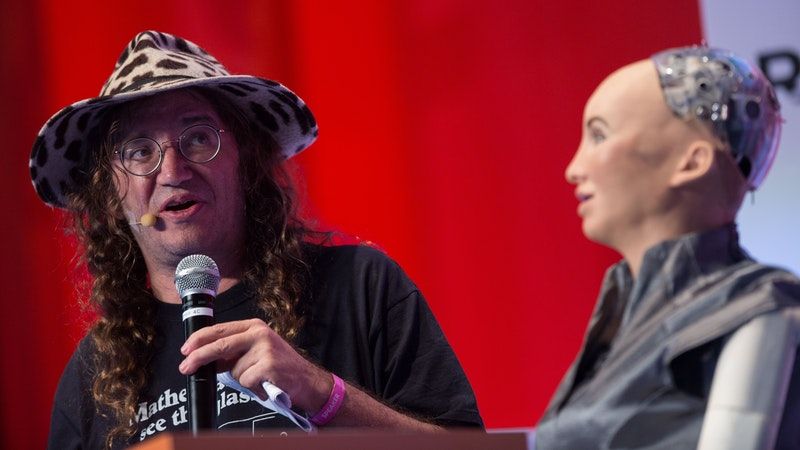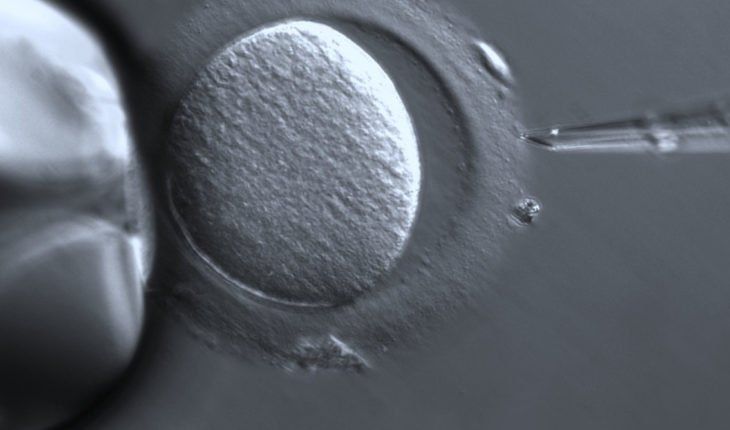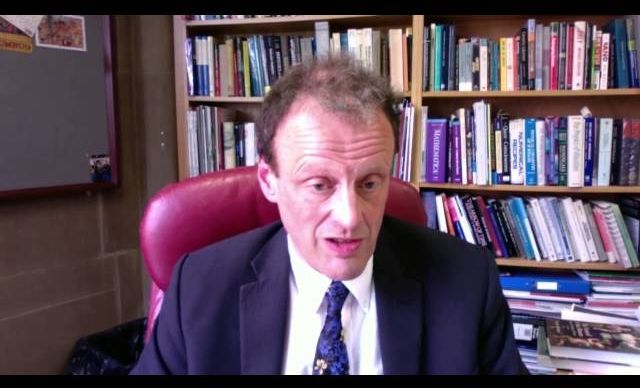When the Technological Singularity arrives, you can’t even imagine what the future will hold afterwards. Just ask author Vernor Vinge.
A five-time Hugo Award-winning author (among various other awards and accolades), Vernor Vinge has been writing and speculating about AI and intelligence amplification for over half a century. As part of his storied career, an interesting anecdote concerns a rejection letter he received from legendary science fiction editor and publisher John W. Campbell, Jr.
Early in his career, Vinge had proposed a story about a human being with amplified intelligence and (as Vinge relates in his short story collection) Campbell wrote him back with the comment, “Sorry — you can’t write this story. Neither can anyone else.” Jump forward a few decades, and Vinge delivered a paper to NASA entitled The Coming Technological Singularity in which he foresaw a moment when artificial intelligence will develop exponentially until it reached a point that surpasses humanity’s ability to comprehend. It is intelligence so far superior that we can’t even imagine what it would be like. And then what?





